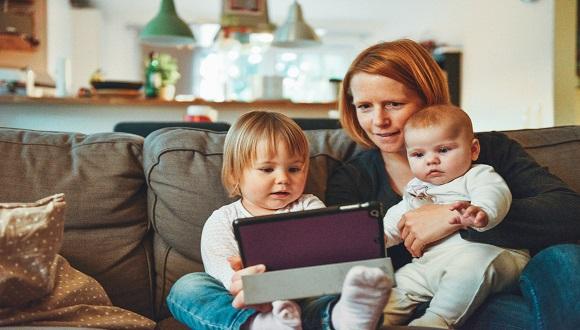New paper accepted by Prof. Orit Karnieli-Miller
In partnership with Itay Tokatly Latzer from Ichilov
The lockdown and home isolation due to the COVID-19 pandemic led to significant transformation in lifestyles. Being a parent in this situation was not easy for anyone, much less for parents of children with special needs. The shutting down of special education systems meant that parents lost a vital support network and had to be the sole full-time caregivers despite often lacking the skills to cope with this new and daunting situation. We interviewed 31 parents, using a qualitative Immersion/Crystallization analysis process and learned that the main difficulties faced by home-bound autistic children stemmed from the change in routine, lack of special education services, limited physical space, and food- and sleep-related issues. Parents reported that some children experienced worsening in behavioral, social, and developmental domains. This included difficulties in controlling anger outbursts and problematic eating habits. Others seemed to not only overcome the challenges of changing conditions but even benefit from them. The way of coping with this steep transformation impacted the final parental and child experience. Key factors that enabled successful coping were the parents’ ability to accommodate to the child’s needs, their own creativeness and resourcefulness, and a generally positive outlook. The results of this analysis revealed the need to support parents in the adjusting to the new circumstances and to create a new flexible routine. Additionally, to provide services that can help to maintain the developmental progress and a healthy lifestyle. The support given to parents of children with autism in acute life disturbances can also be of benefit in “normal times”.
Tokatly Latzer, I., Leitner, Y., & Karnieli-Miller, O. (In press). Core experiences of parents of children with autism during the COVID-19 pandemic lockdown. Autism: International Journal of Research and Practice.
Link to article coming soon





